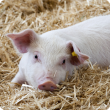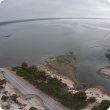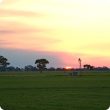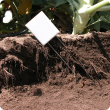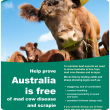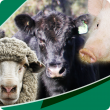Filter by regions:
- (-) Remove Perth regions filter Perth regions
- (-) Remove South West filter South West
- (-) Remove Wheatbelt filter Wheatbelt
- Great Southern (228) Apply Great Southern filter
- Peel (221) Apply Peel filter
- Mid West (220) Apply Mid West filter
- Goldfields-Esperance (210) Apply Goldfields-Esperance filter
- Gascoyne (155) Apply Gascoyne filter
- Pilbara (139) Apply Pilbara filter
- Kimberley (135) Apply Kimberley filter


